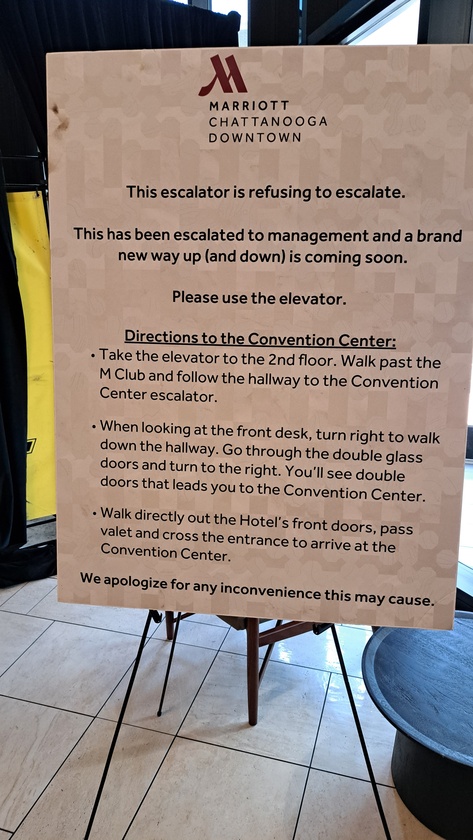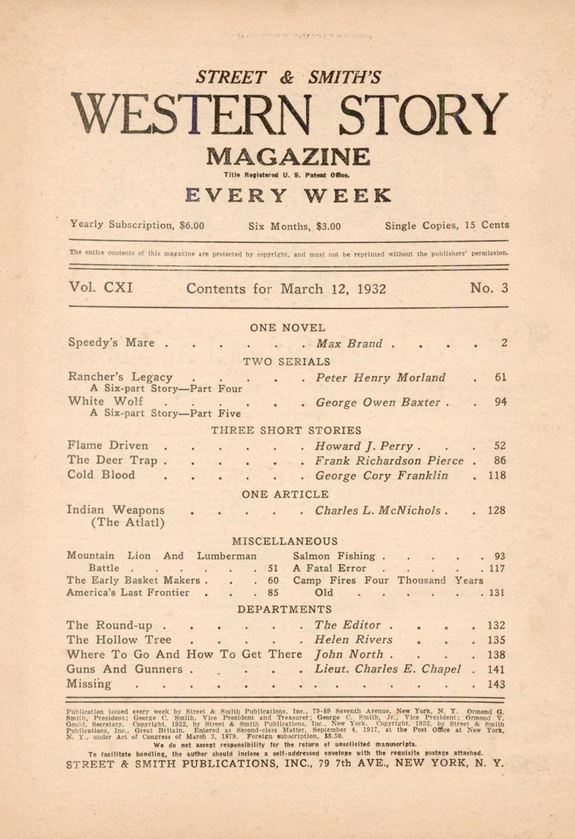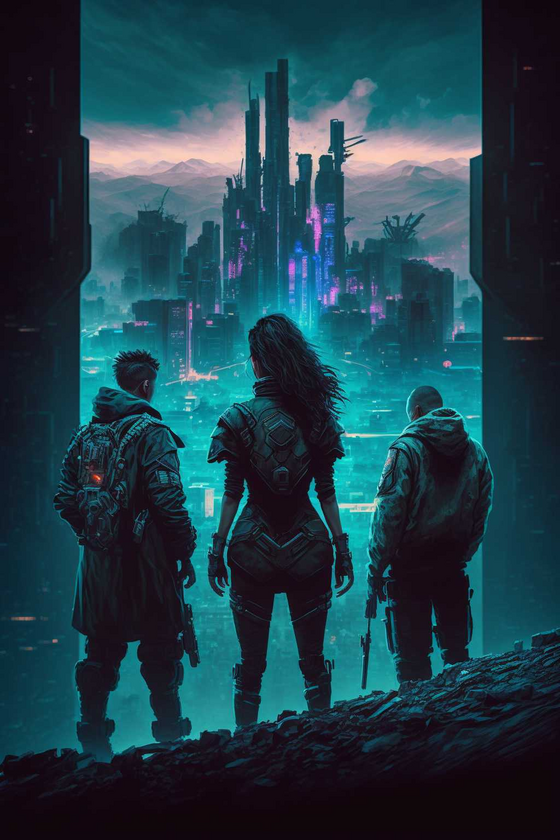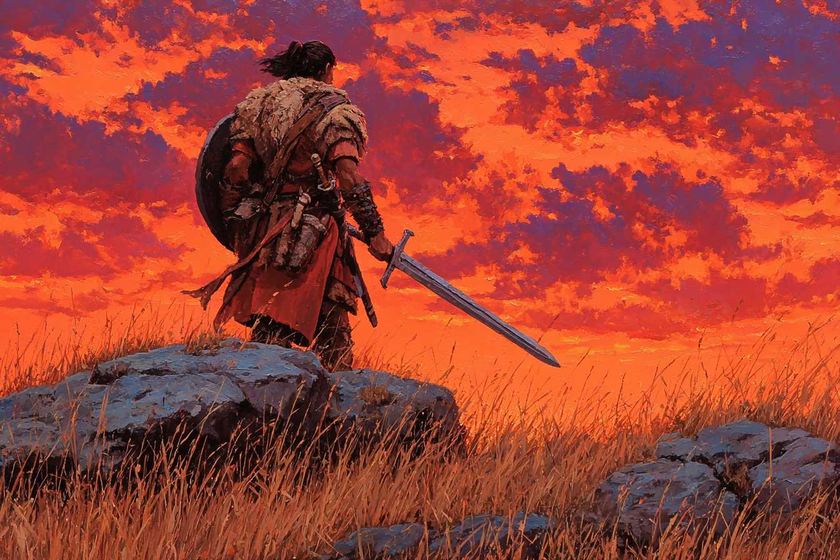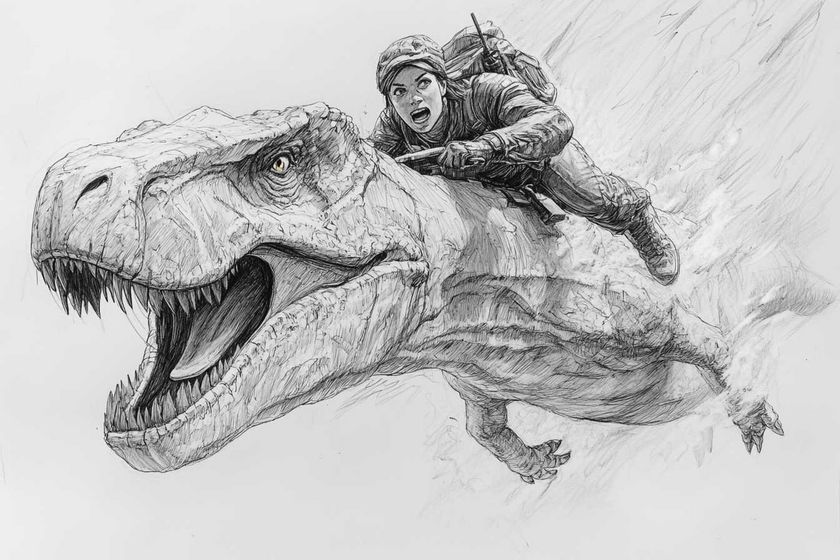
Ever since I started publishing public domain books, I've been behind schedule.
Now, granted, even aiming for "a novel a week" as a goal was insane. I freely admit it. I'm a relatively slow reader with ADD. Even when I don't read as a job (both publishing PD books and as an editor), I'm usually lucky to get through a novel in a week, and that's just reading, not editing for structure, or proofing and looking for typos and other errors in the text.
That said, I'm a bit shocked that this past month, partly due to Amazon skulduggery, I have published eight books, inclusive of the Eerie collection and its components that were supposed to go up in October, plus two noirs, a western, and an SF adventure, all of them quite good.
Even if I got four more books published by midnight tonight (no, not happening), that would still only catch me up to the beginning of November on my intended schedule.
So, I've kicked everything back a month, which will give me a chance actually to catch up (maybe).
But then there are the books that are not on the schedule, the ones that make me go "oooh, shiny!" and get worked on simply to trick myself into being more productive, even when I don't feel like it. I call them ringers, even though that's not really an apporpriate term.
So with kicking November's books to December, and not counting ringers, if I get another eight books published this month, that catches me up so I can fall behind again.
But honestly, I'm not going to sweat it. I will get done what I get done, and plow onward.
Which brings us to 2024, one way or another, and despite having books scheduled through April at this point (not counting the hell month of October which, yes, is somewhat planned out), and I'm strongly considering going to two books a month, just to free up time for my own writing, reading for my own edification (I've nearly forgotten what that's like) and, well, getting stuff done that's mine rather than public domain.
It makes me twitch a bit, though. Four books a month lets me do a noir, an SF book, and two westerns (there are a lot of westerns in the public domain not making it to Project Gutenberg, and only about a quarter of them are by Max Brand), and there is a kind of OCD dopamine hit at the idea of servicing all of these genres I love.
On the gripping hand, since I have never actually hit a schedule, dialing back might leave more books for Gutenberg to get to first, but it is also eminently workable.
Ringers currently in proofing:
- Space Hawk: The COMPLETE Hawk Carse Stories by "Anthony Gilmore", stories that are notable for their purple prose, outlandish notions of science, questionable presumptions about race, and more. They are the sorts of stories that, admittedly, gave SF a bad name before John W. Campbell's editorship of Astounding, but they remain of interest, if only because they were written by Astounding's editor in the early 1930s so he could point to them and tell authors "that's the stuff we want". All but one of the stories are on Gutenberg already, but nobody has ever done an ebook version of the final story, done a decade later in the pages of Amazing.
- The Law Comes To Singing River by Robert J. Horton. This is probably Horton's first novel, and even before reading it presents interesting questions. For instance, it was adapted into a movie released at roughly the same time as the novel was printed in a single issue of Adventure, but seems never to have been published in book form. Why? (One possibility is that the title was changed for book publication, and I just haven't matched it up correctly as yet.) Also, how did Horton, a relatively new author in 1920, get Adventure to take a full novel (they usually took single-issue full novels from more established authors like J. Allan Dunn at that time) and get Hollywood to snap up the rights and produce a movie before the thing was even published?
- The Shadow Girl by Ray Cummings. Yes, Cummings was pretty bad as a writer. But. I've got a killer cover art piece for it, and it occurred to me that Cummings's badness was an opportunity for me as a writer (and editor). Good old Ray wrote a "time trilogy" that are merely time travel adventures, without further connnection to each other, one of which I've already published. What if I went in and wrote a sidequel to each one? Sort of like what Philip Jose Farmer did with The Other Log of Phileas Fogg except where Farmer avowedly loved Jules Verne (hey, me too!), I could go in and take Cummings's faults and turne them into "here's what actually was going on" retcon stories. I already have the basic idea of what to do with the one I've published, we'll see if I can get as inspired with this one.
And, hey, even with ringers, maybe only planning on two books a month will let me get out ahead of my schedule, get several months' worth of books prepped, and leave me time to deal with October, and then my own writing. We shall see.
